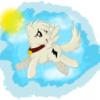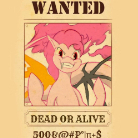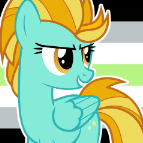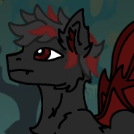-
Similar Content
-
- 3 replies
- 332 views
-
- 8 replies
- 556 views
-
- 46 replies
- 4,086 views
-
- 200 replies
- 12,188 views
-
- 3 replies
- 172 views
-
-
Recently Browsing 0 members
- No registered users viewing this page.






Recommended Posts
Create an account or sign in to comment
You need to be a member in order to leave a comment
Create an account
Sign up for a new account in our community. It's easy!
Join the herd!Sign in
Already have an account? Sign in here.
Sign In Now